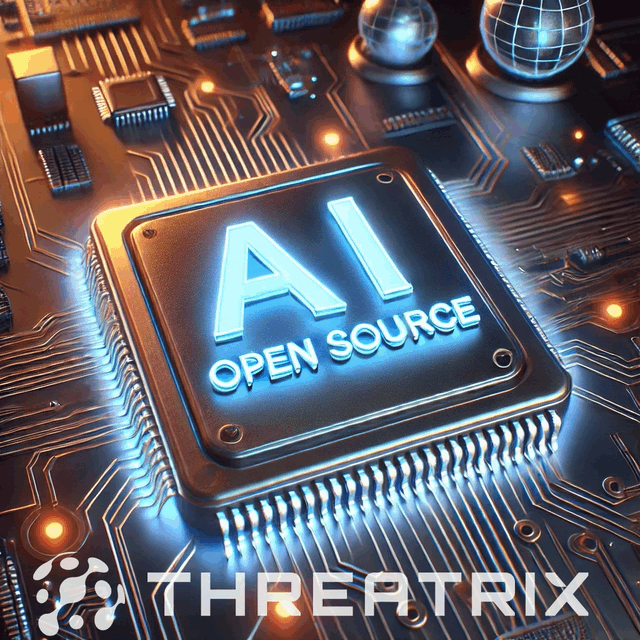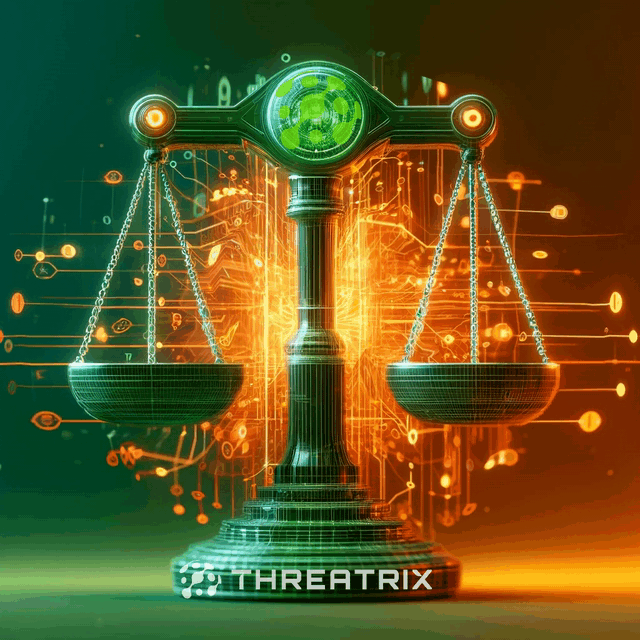As companies integrate AI-assisted code generation into their software development workflows, they face legal and regulatory challenges that extend beyond traditional open-source compliance. While software licensing risks have existed for years, AI-generated code introduces additional complexities, making it difficult to determine the original author and the legal obligations associated with its use.
Threatrix Blog
Enterprise open source security & compliance
Results for:
ClearCategory: OPEN SOURCE COMPLIANCE
Clear

Compliance isn't about checking off legal boxes; it's about protecting your business from hidden risks lurking beneath the surface of your codebase. If you don’t know what’s in your software, you don’t know what you’ve agreed to.

Discover how open-source AI is transforming cost, compliance, and licensing. Learn how businesses can manage AI code compliance and navigate licensing obligations.

AI-powered tools like GitHub Copilot, Tabnine, and CodexNet are revolutionizing development, but they introduce risks related to open-source license compliance and intellectual property. Developers must understand copyright laws, as AI-generated and developer-written code can unintentionally infringe on existing copyrights. Threatrix helps manage these risks by automating compliance checks and attribution, ensuring real-time monitoring and protecting legal interests.

Open-source software (OSS) is crucial for modern development, offering flexibility, innovation, and cost savings. However, using OSS requires compliance with various licenses. As AI-generated code becomes more common, accurate attribution and compliance are critical. The new UK law mandating proper attribution for open-source code adds complexity to compliance, and Threatrix automates these obligations efficiently.

Detecting AI-generated code is increasingly vital as artificial intelligence shapes the future of software development. This comprehensive guide for 2024 delves into the significance of identifying AI-generated code and the essential considerations for developers to maintain compliance and avoid legal complications. We highlight the importance of understanding open source licensing origins, attribution requirements, and compatibility between the different licenses.

you select an open-source license, you define the terms under which others can use your software. This decision impacts how freely others can use your code and how modifications and redistributions are handled. However, making the wrong choice can lead to legal challenges and restrict the intended use of your software, potentially causing significant setbacks to your project.